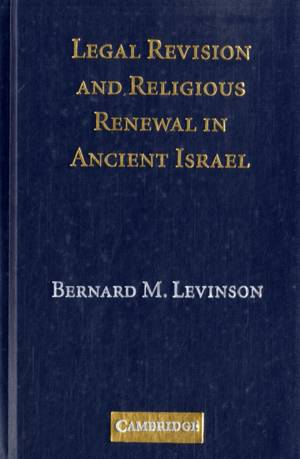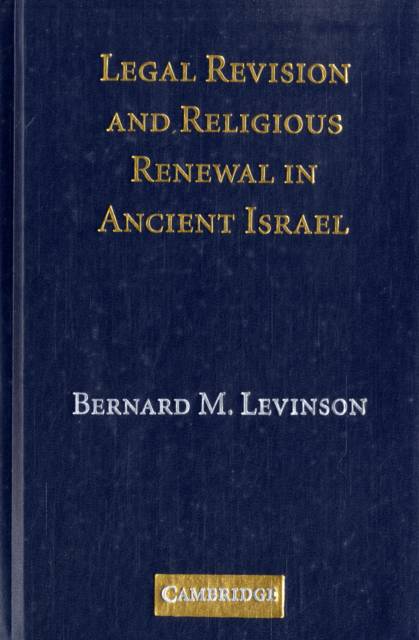
- Retrait gratuit dans votre magasin Club
- 7.000.000 titres dans notre catalogue
- Payer en toute sécurité
- Toujours un magasin près de chez vous
- Retrait gratuit dans votre magasin Club
- 7.000.0000 titres dans notre catalogue
- Payer en toute sécurité
- Toujours un magasin près de chez vous
172,95 €
+ 345 points
Format
Description
This book examines the doctrine of transgenerational punishment found in the Decalogue--that is, the idea that God punishes sinners vicariously and extends the punishment due them to three or four generations of their progeny. Though it was "God-given" law, the unfairness of punishing innocent people merely for being the children or grandchildren of wrongdoers was clearly recognized in ancient Israel. A series of inner-biblical and post-biblical responses to the rule demonstrates that later writers were able to criticize, reject, and replace this problematic doctrine with the alternative notion of individual retribution. From this perspective, the formative canon is the source of its own renewal: it fosters critical reflection upon the textual tradition and sponsors intellectual freedom. To support further study, this book includes a valuable bibliographical essay on the distinctive approach of inner-biblical exegesis showing the contributions of European, Israeli, and North American scholars. An earlier version of the volume appeared in French as L′Herméneutique de l′innovation: Canon et exégèse dans l′Israël biblique. This new Cambridge release represents a major revision and expansion of the French edition, nearly doubling its length with extensive new content. Legal Revision and Religious Renewal in Ancient Israel opens new perspectives on current debates within the humanities about canonicity, textual authority, and authorship. Bernard M. Levinson holds the Berman Family Chair of Jewish Studies and Hebrew Bible at the University of Minnesota. His research focuses on biblical and cuneiform law, textual reinterpretation in the Second Temple period, and the relation of the Bible to Western intellectual history. His book Deuteronomy and the Hermeneutics of Legal Innovation (1997) won the 1999 Salo W. Baron Award for Best First Book in Literature and Thought from the American Academy for Jewish Research. He is also the author of "The Right Chorale" Studies in Biblical Law and Interpretation (2008), and editor or coeditor of four volumes, most recently, The Pentateuch as Torah: New Models for Understanding Its Promulgation and Acceptance (2007). The interdisciplinary significance of his work has been recognized with appointments to the Institute for Advanced Study (1997); the Wissenschaftskolleg zu Berlin/Berlin Institute for Advanced Study (2007); and, most recently, the National Humanities Center, where he will serve as the Henry Luce Senior Fellow in Religious Studies for the 2010-2011 academic year.
Spécifications
Parties prenantes
- Auteur(s) :
- Editeur:
Contenu
- Nombre de pages :
- 236
- Langue:
- Anglais
Caractéristiques
- EAN:
- 9780521513449
- Date de parution :
- 04-08-08
- Format:
- Livre relié
- Format numérique:
- Genaaid
- Dimensions :
- 140 mm x 216 mm
- Poids :
- 449 g

Les avis
Nous publions uniquement les avis qui respectent les conditions requises. Consultez nos conditions pour les avis.






